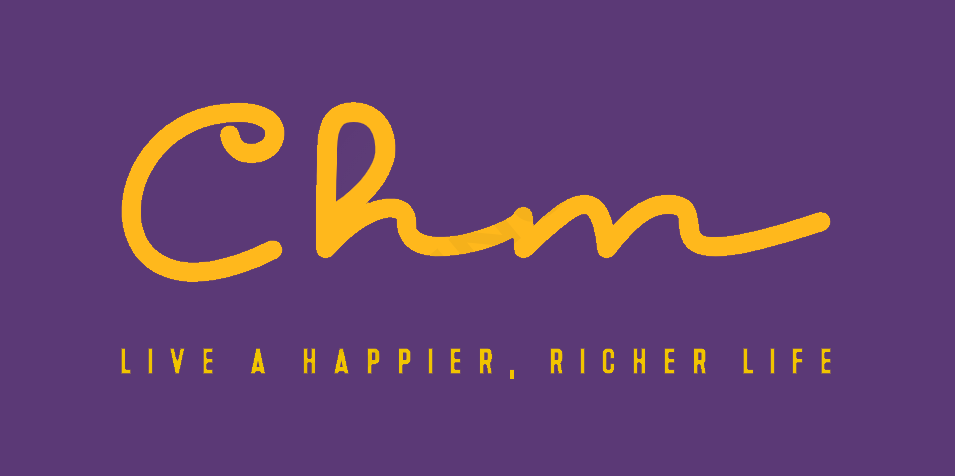#5 - How and where to save

So you want to save for something, maybe it's a holiday, a house deposit, rainy day fund or for some future event. Well hold your horses for one second; you need to look at your circumstances first and make sure you're making the right choices. You see there is a way to go about saving and it basically goes like this:
Pay off high interest debt
Before doing anything, pay off any high interest debt. Credit card debt and personal loans interest rates can quite easily have interest rates of over 20%. When you factor in that the best easy access savings rates at the moment are around 1.5% and the average stock market return is around 7% then you can see that it makes much more sense to pay off the high interest debt first.
If you have done that the next step is to build up an emergency fund. This is like a slush fund that you can fall back on for emergencies. I'm talking about if the fridge breaks, you need a new boiler, or you lose your job and have bills to pay. You need to have a pot of cash available to cover things like these and should try and build up enough here to cover your expenses for around 3-6 months. Remember, its to cover expenses; such as food, heating costs, mortgage payments etc in the event that you lose your primary source of income, which for most people will be their job. Having this fund gives you a safety net and can be very reassuring for many people if they do manage to create one.
Now you've done these 2 important steps you can start to consider what your saving goals are.
What are your saving goals?
You will have either short term saving goals or long term goals. Short term could be a holiday or maybe a deposit for a house. A short term saving goal would be where you need the money in less than 5 years. With short term savings you need to be looking at keeping the money in cash. Interest rates are very low at the moment but because you goals are short term you can't afford to take too much risk.
Long term goals could be saving for retirement, a child's university fund or some other goal that ideally is more than 5 years away. Because you have a longer time horizon you can afford to take more risk and should consider investing in the stock market.
What type of saving account is best?
Now you have a goal in mind you need to decide what type of account is best for you.
Bank saving account
Typically from a bank or building society these currently pay a poor interest rate which is well below the rate of inflation so are only suitable for money you need to access in the short term. They are ideal for your emergency fund or other money you may need to access soon.
ISA - Individual Savings account
These come in two main types, cash or stocks and shares - these are great as you can save up to £20000 each year into one of these each year. A cash ISA will pay a low interest rate like a savings account so is not recommended but a stocks and shares ISA could be a great place to invest for a longer term saving goal. An ISA protects your investments from tax so any increase in value is exempt from capital gains and dividend tax.
LISA - A lifetime ISA
A LISA allows you to save up to £4000 each year and you get a 25% bonus on top from the government. LISA's are designed for those looking to save for the deposit on their first property or for retirement. I wouldn't recommend them as a retirement saving vehicle as pensions are so much better but for a first-time buyer looking to get on the property ladder they are a no-brainer. They do have some restrictions which you need to be aware of before choosing this product and come in two versions; cash LISA or investment LISA. A cash LISA would be better for shorter term horizon whilst the investment LISA would be for a longer term horizon.
I'll talk about ISA's in a follow-up article and cover them in much more detail to give you more information about these great products.
Pension
Specifically designed to let you save for retirement. I've discussed pensions previously and think they're great for saving for retirement. You maybe offered a workplace pension where you employer also pays in or you may have a SIPP or other pension. See this article for more information.
You should now have a basic idea of what options there are with regards to saving and how your chosen goal affects what product you need to consider.
